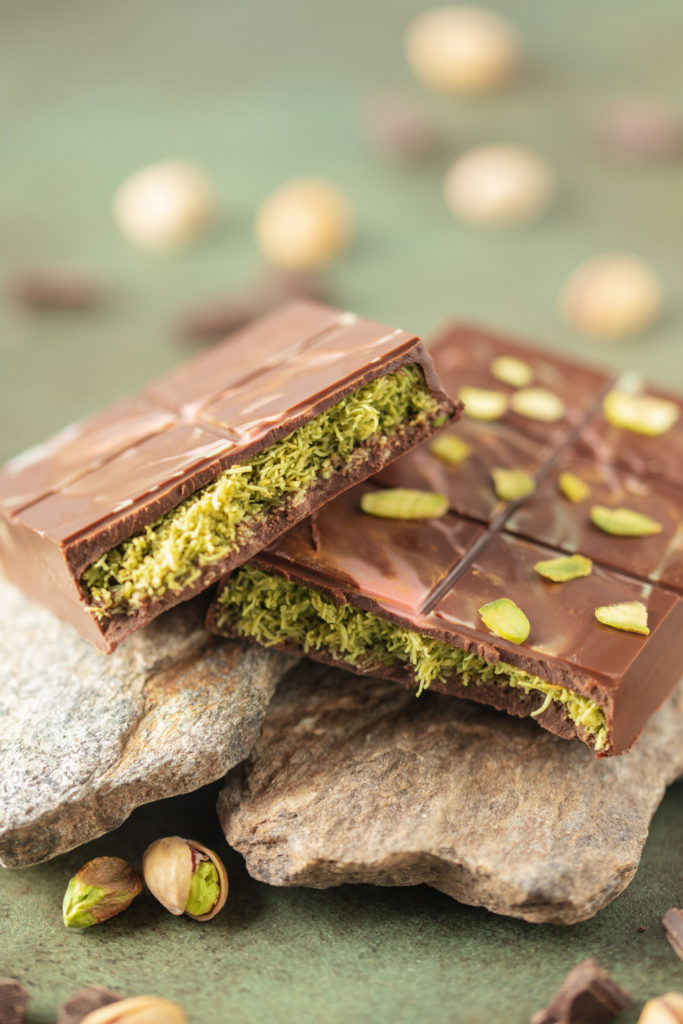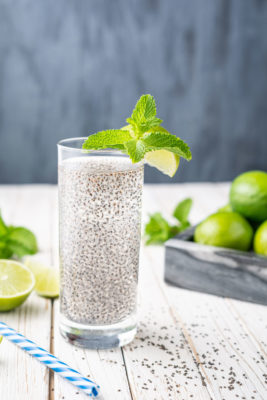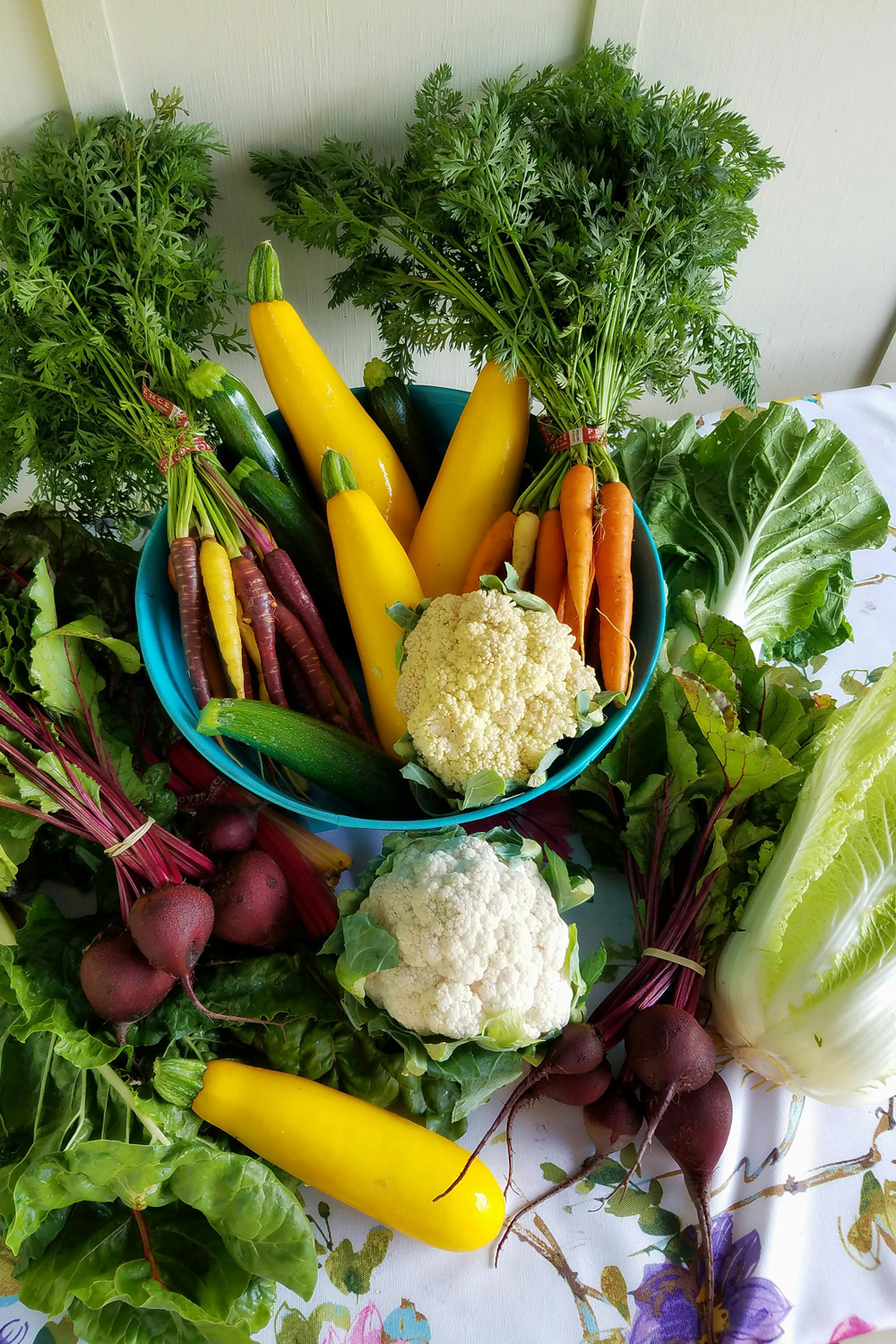
7 Nutrition Trends Set To Take Over 2025
By
3 months ago
From electrolytes to fibre-rich foods
In the nutrition space, it’s important to be wary of fads – particularly in the age of TikTok, a platform notorious for spreading misinformation around health. However, there are some trends worth paying attention to, often sparked by new scientific research surrounding specific ingredients or nutrients. So what’s going to dominate the foodie wellness world this year? Here are five key nutrition trends to have on your radar in 2025.
Nutrition Trends For 2025
Fibre-Rich Foods
The buzziest food group for 2025? Fibre: the carbohydrates found naturally in plants which are crucial for keeping our digestive system functioning properly. There was growing interest surrounding high-fibre diets throughout 2024, spurred on by leading names like Dr Tim Spector, who has been vocal about the importance of upping our intake.
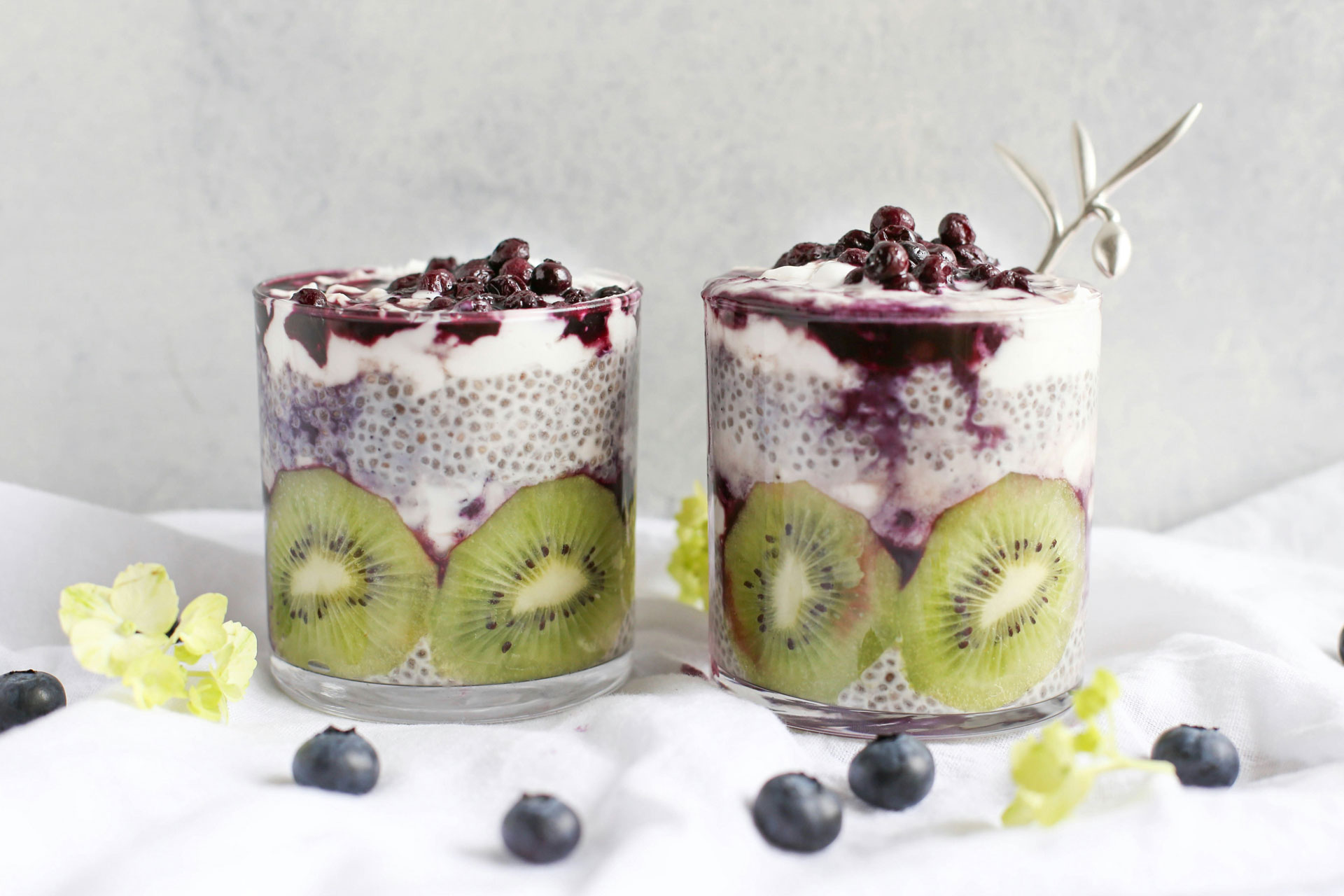
Fibre has long been associated with better gut health and reduced risk of cardiovascular disease, but recent studies have also linked the nutrient to maintaining a healthy body weight – such as this one published in Obesity Science & Practice last year. Despite this, 90 percent of UK adults aren’t getting enough, according to the National Diet and Nutrition Survey (NDNS). To up your intake, prioritise fruits, vegetables, whole-grain products and legumes, with some of the most fibre-rich foods including chia seeds, cauliflower and black beans.
GLP-1 Friendly Foods
There’s no denying weight loss drugs like Ozempic are one of the most prominent – if controversial – topics in the health space right now. GLP-1 medications are increasingly being used to decrease appetite, and experts are predicting this will lead to a rise in foods suited to users.
Erin Palinski-Wade, a dietitian and scientific advisor for MyFitnessPal, says: ‘As more people use these medications, changes in appetite, portion size, and metabolism will lead to a need to make dietary adjustments.’ She explains that generally, these are foods that can pack lots of nutrition into smaller quantities, such as antioxidant-rich foods and quality protein sources. ‘More attention will be spent on educating GLP-1 users of the need for balanced nutrition to prevent nutrient deficiencies and a negative impact on bone health and metabolism,’ she adds.

Hydration
Clearly, the importance of drinking water is nothing new, but supercharged hydration is set to be a big nutrition trend for 2025. Whole Foods’ 2025 food trends report highlighted the surge in innovative hydration products – from popsicles infused with electrolytes to chlorophyll water. New for 2025? Cactus waters containing antioxidants and electrolytes, as well as nutritionally-dense alternatives to sports drinks, plus fun new formats for children, like mini coconuts and pouches.
Personalised Nutrition
Forget cookie cutter diet plans: 2025 will be all about hyper-personalised nutrition. ‘Nutrition is a personal journey and what may support one individual’s health goals and overall wellbeing may not be the best solution for someone else,’ says Melissa Jaeger, Head of Nutrition at MyFitnessPal. ‘In 2025 and beyond, I believe individuals will continue to seek more personalised advice and experiences when it comes to their nutrition.’
Nutritionist Kim Pearson agrees. ‘According to the Global Wellness Institute, the preventive and personalised medicine sector is one of the fastest-growing wellness industries, forecast to reach $745 billion by 2028,’ she notes. ‘Tools like advanced health testing, continuous glucose monitors, and comprehensive assessments from functional nutritionists, can play a key role in optimising your nutrition to your unique needs, goals and lifestyle.’
AI is increasingly being used across apps, wearable tech and metabolic trackers to offer people bespoke dietary advice, finding patterns and creating custom recommendations. However, there’s also a growing sense of technology fatigue, which is sparking a move back to real-life nutritionists, helped by pioneering coaching platforms like nutrable.com, where qualified experts can provide programmes and offer support.
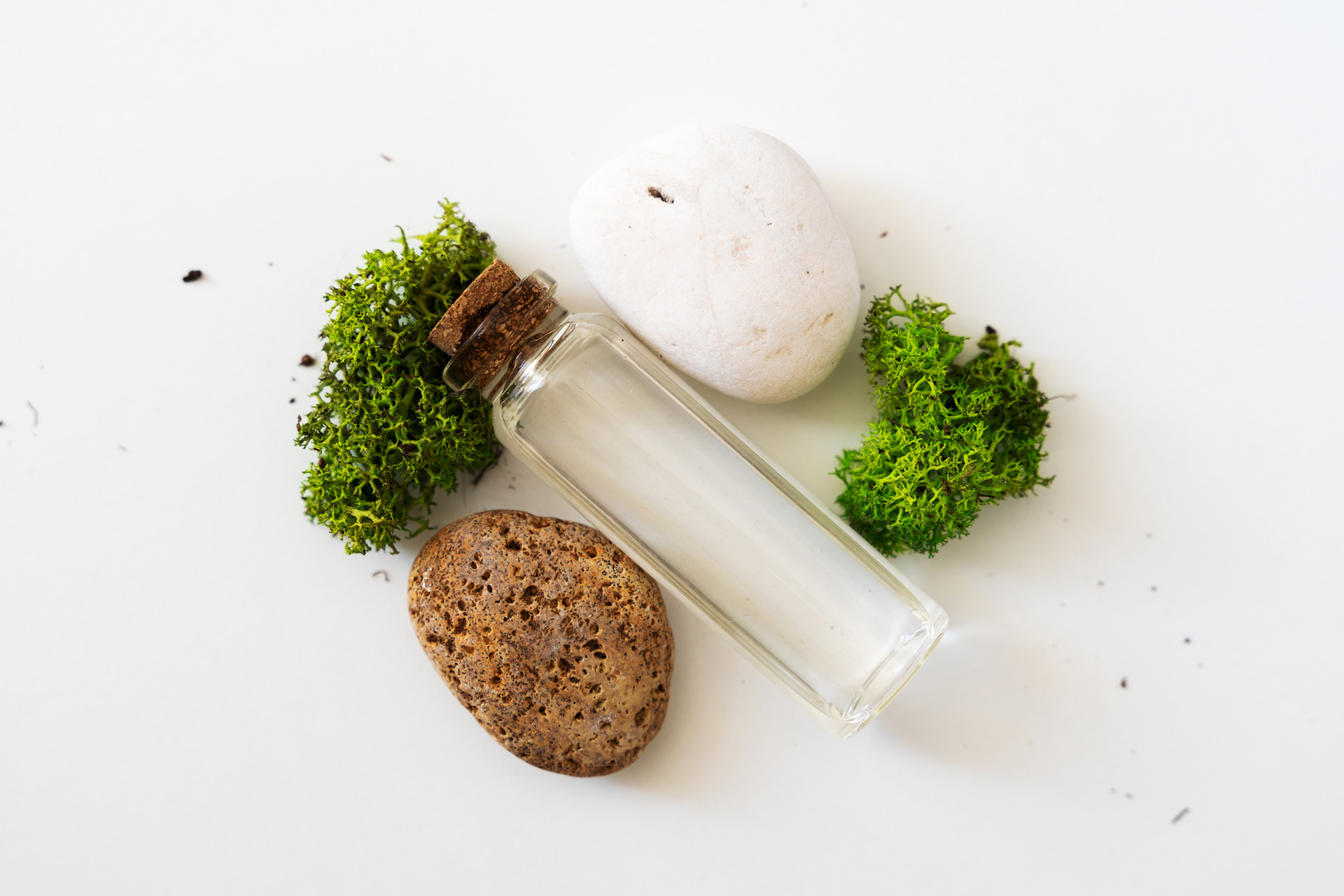
Getty Images
Plant-Based Aquatic Ingredients
Seaweed has long been lauded for its health benefits, but other aquatic plants will get some airtime this year. Sea moss has been making a splash on TikTok lately, celebrated for its iron, magnesium and iodine content, and although the science is in its infancy there’s some research to suggest the ingredient could be beneficial for the gut microbiome. Whole Foods predicts duckweed (water lentils) will emerge as a new source of sustainable protein this year, while agar-agar (a high-fibre gelatine alternative from red algae) will have its moment.
Metabolic Health
One of the biggest nutrition trends right now is metabolic health, which is essentially how your body processes food into energy. As Pearson notes: ‘88 percent of Americans are metabolically unhealthy, causing conditions that significantly impact the quality of their lives, and the UK is not far behind.’ Poor metabolic health can not only lead to weight gain and poor energy levels, Pearson adds, but also increase your chances of developing chronic diseases like type 2 diabetes. That’s why she decided to launch Metabolic Reset, an ‘online group programme designed to support people in improving their metabolic health, losing weight and establishing sustainable healthy habits that stick’.
Eating For Longevity
Longevity has been a buzzword in the health space for some time now, and no doubt interest will continue in 2025. But this year, the focus is shifting away from high-tech treatments and towards the simple dietary changes that could add years to our life. ‘For most of us, longevity is simply about aligning our health span with our lifespan; ensuring we stay as healthy as possible, for as long as possible,’ says Pearson. ‘While cutting-edge treatments and biohacking tools are fun and exciting, the foundations of longevity lie in optimising our everyday lifestyle habits, with a nutrient dense diet playing a key role. Cut out ultra-processed foods and base meals on whole, single ingredient foods as much as possible. Including a palm sized portion of protein at each meal, plenty of fibre rich vegetables and extra virgin olive oil, is a good place to start.’



